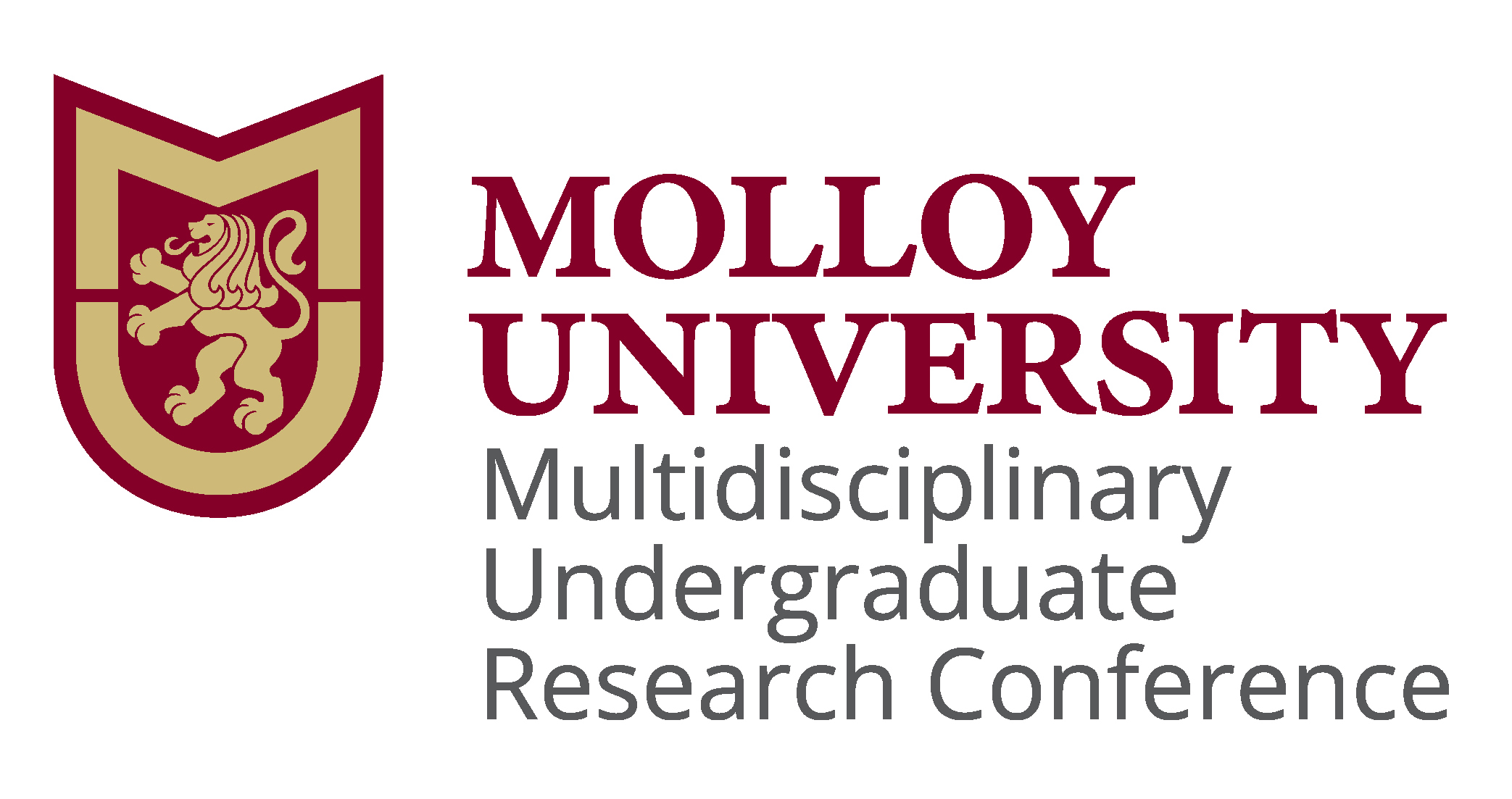CONNECT Program @ Molloy University (MU): Helping Neurodiverse students achieve in higher education
Molloy Faculty Mentor
Jaime Vitrano
Presenter Major
Undecided
Presentation Type
Poster
Location
H239, 2nd floor, Barbara H. Hagan Center for Nursing
Start Date
28-4-2025 5:55 PM
End Date
28-4-2025 6:55 PM
Description (Abstract)
Neurodiverse students entering higher education face multiple obstacles including academic (Hadley et al., 2017) and social ones (VanHees et al., 2015) amongst others. Emotional support, peer mentoring, self-advocacy training, and social support have helped significantly improve student outcomes in higher education. At Molloy University, a student-focused transition program for neurodivergent high school and college-aged students (called CONNECT) was implemented during the summer of 2022 and ran for three consecutive summers. Pre- and post-program data were collected from students and their caregivers. Results showed that post-CONNECT, students reported being able to advocate for their needs. Additionally, caregivers reported that their children will more easily engage in new extracurricular activities, connect with peers, make connections with professors, advocate for their needs, and navigate new environments as they transition from high school to college. These data highlight the importance of transition programs to help neurodivergent students flourish in higher education.
The IRB application # is [1928114-2] Neurodivergent Summer Boot Camp.
Keywords
Self-advocacy, neurodiversity, Higher education, transition program
Related Pillar(s)
Community, Service, Study
CONNECT Program @ Molloy University (MU): Helping Neurodiverse students achieve in higher education
H239, 2nd floor, Barbara H. Hagan Center for Nursing
Neurodiverse students entering higher education face multiple obstacles including academic (Hadley et al., 2017) and social ones (VanHees et al., 2015) amongst others. Emotional support, peer mentoring, self-advocacy training, and social support have helped significantly improve student outcomes in higher education. At Molloy University, a student-focused transition program for neurodivergent high school and college-aged students (called CONNECT) was implemented during the summer of 2022 and ran for three consecutive summers. Pre- and post-program data were collected from students and their caregivers. Results showed that post-CONNECT, students reported being able to advocate for their needs. Additionally, caregivers reported that their children will more easily engage in new extracurricular activities, connect with peers, make connections with professors, advocate for their needs, and navigate new environments as they transition from high school to college. These data highlight the importance of transition programs to help neurodivergent students flourish in higher education.
The IRB application # is [1928114-2] Neurodivergent Summer Boot Camp.



